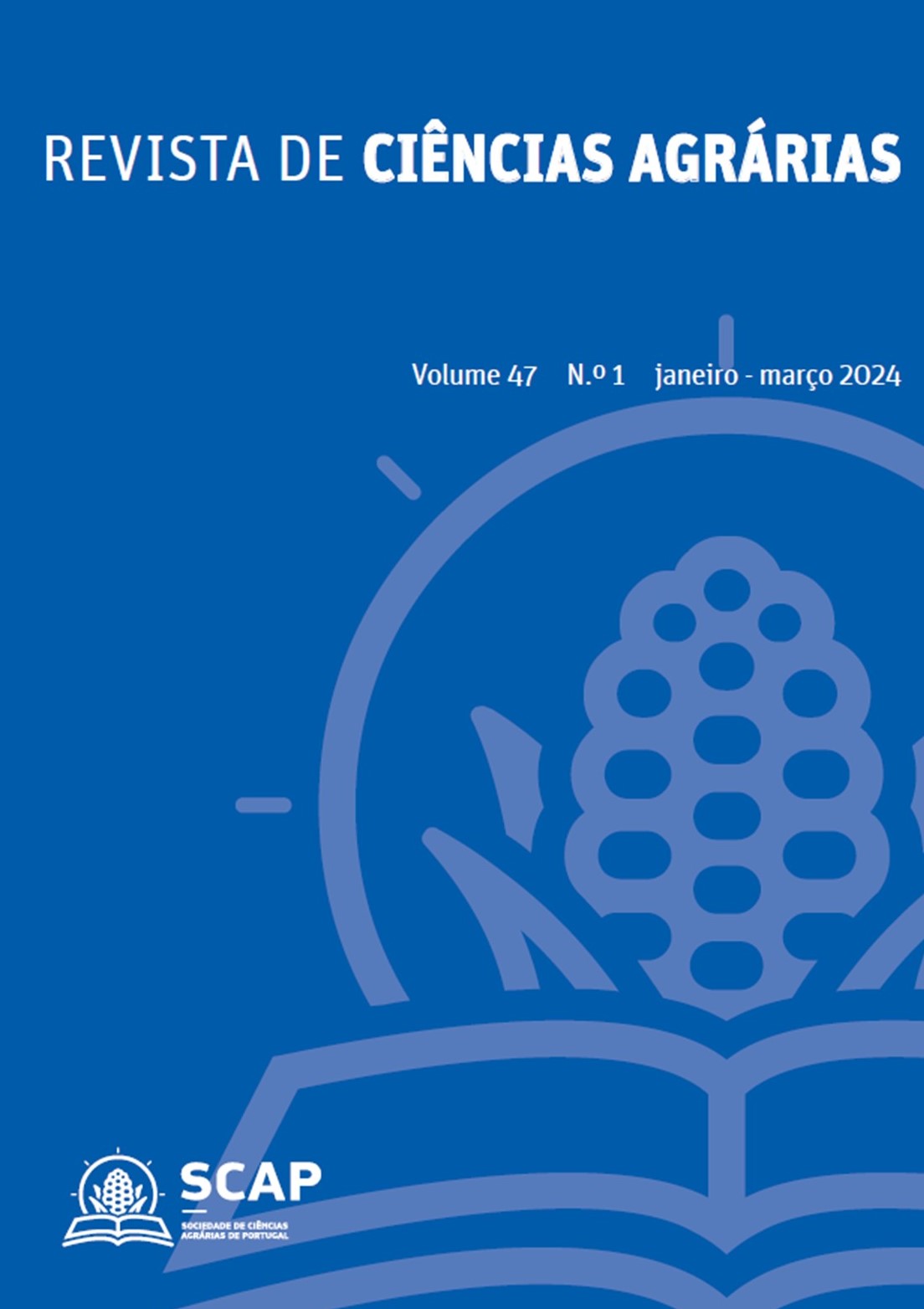Efecto de las cubiertas vegetales y su método de terminación sobre malas hierbas en viñedos ecológicos
DOI:
https://doi.org/10.19084/rca.34908Resumo
Las cubiertas vegetales son una práctica agrícola sostenible que puede proporcionar múltiples servicios ecosistémicos, entre ellos, el manejo de malas hierbas, sin comprometer la salud del suelo. La elección de especies adecuadas y el método de terminación son desafíos clave para implementar con éxito las cubiertas vegetales. El objetivo de este estudio es determinar qué especies y métodos de terminación son más adecuados para controlar las especies de malas hierbas tanto de invierno como de verano en viñedos (Vitis vinifera). Para lograr los objetivos propuestos, se ha llevado a cabo un experimento en dos campos de viñedos ecológicos ubicados en Raimat (Lleida). El estudio consta de seis tratamientos
siguiendo un diseño de bloques completamente aleatorizados con tres repeticiones. Las especies sembradas a finales de octubre de 2022 fueron Phacelia tanacetifolia y triticale (×Triticosecale), junto con un control sin sembrar, en el que se dejaron crecer las especies espontáneas. En primavera, la mitad de los tratamientos se aplastaron con el rolo-faca y la otra mitad se picaron. A lo largo del estudio se evaluó la presencia de malas hierbas, el recubrimiento del suelo y la producción de biomasa, tanto de la cubierta como de las hierbas. Los primeros resultados indican que triticale presenta un mejor establecimiento de la cubierta y por tanto un mejor control de malas hierbas durante toda la campaña, mientras que P. tanacetifolia y el control presentan especies estivales de malas hierbas más competitivas. Por otro lado, las cubiertas vegetales picadas tuvieron menos hierbas estivales que las aplastadas con el rolo-faca.


